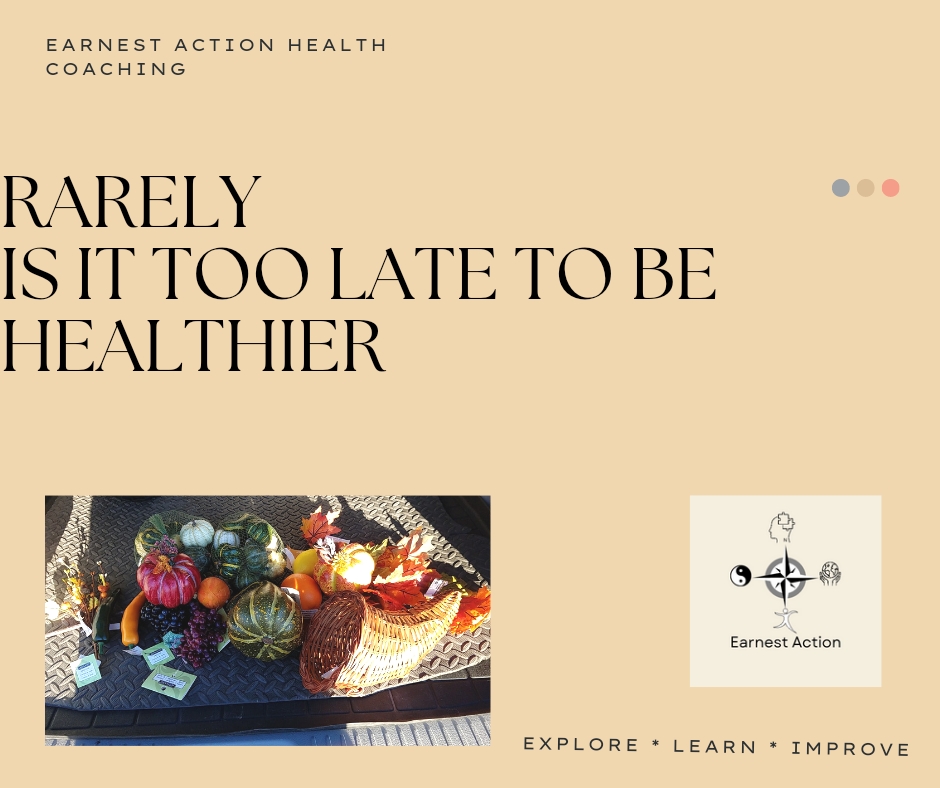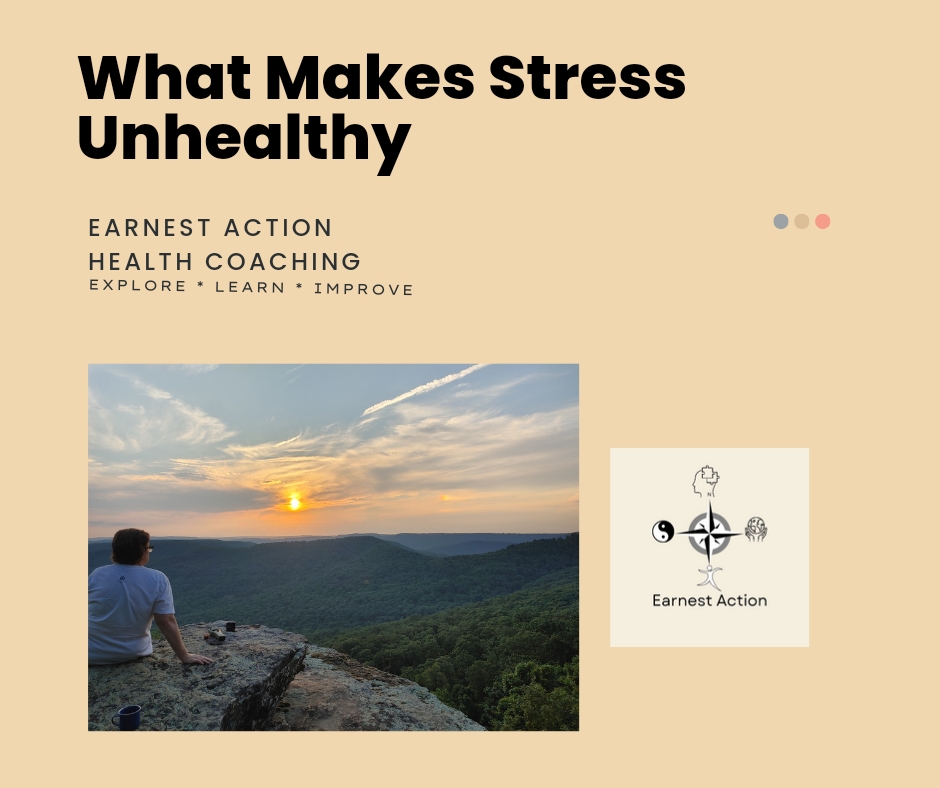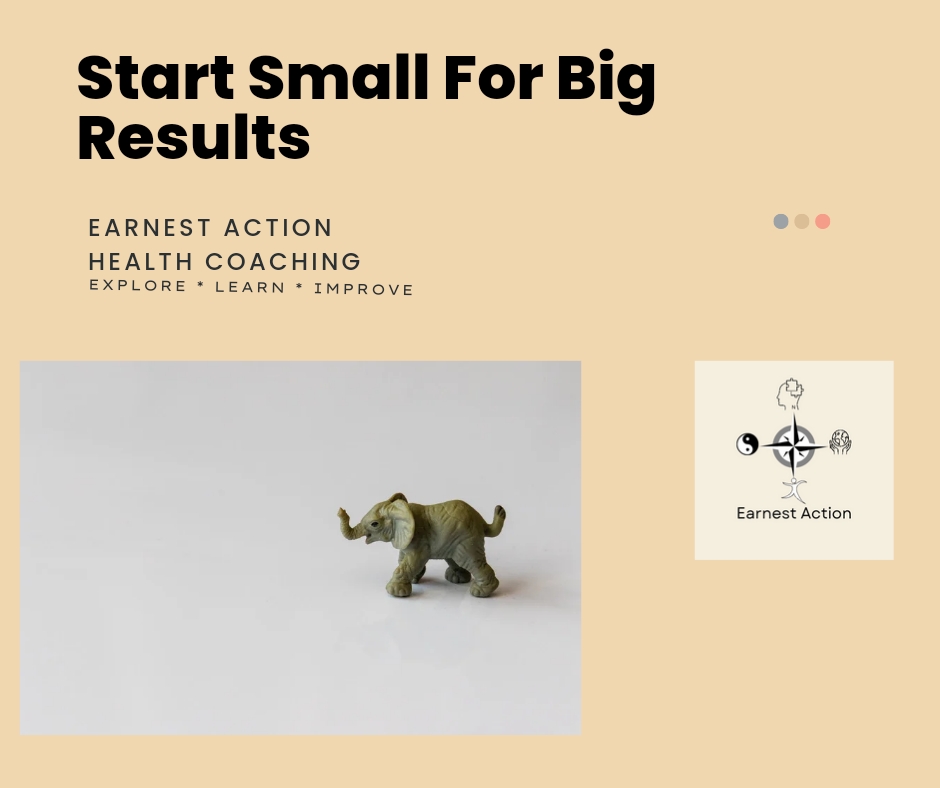Rarely is it too late to be healthier. Thank you for being skeptical. You should ask questions and consider carefully when it comes to your health. Take the time to think about the pros and cons of making changes so you know they are right for you.
How Do We Know?
We know getting healthier works because we can point to people who have proved it by their actions like Florence “Flo” Filion Meiler. Ms. Meiler started training for track and field events in her 60s. In 2021 She set a new record in the 2000 meter steeplechase in her 80s. Several studies have also confirmed this. A University of Birmingham study of 70 and 80-year-olds showed that people who did not exercise regularly have as much potential to build muscle mass as master athletes.
Studies have proven
A Ralph La Forge study in 2002 of 60-83-year-olds showed that starting a weight training program three times per week could increase Bone Mineral Density (BMD). A June 2016 article in NIH News in Health studied over 600 adults ages 70 to 89 who increased their activity to 150 minutes per week. After two years they concluded that this group became disabled less often and recovered more quickly when disabled. There are many more studies describing how eating changes like using DASH, Mediterranean-style, or MIND diets have helped people live longer.
When Do Changes Start?
For most people, the first signs of aging happen in their 30’s. You begin to notice fine lines and wrinkles. Most of us do not get concerned about this. At this time your hormones begin to change causing that slow weight gain begins. As you enter your forties and fifties Bone Mineral Density (BMD) will reduce. Your blood vessels and arteries start to stiffen making your heart work harder. Also in your forties, we begin losing muscle mass progressing to as much as 50% over time. This condition is called sarcopenia.
Will Changes Make A Difference?
Increasing physical activity, eating a healthy diet, quitting smoking, limiting alcohol consumption, getting good sleep, and managing chronic stress are all actions you can take. Of course, the best results are found in people who are able to maintain these habits all their life.
When you start in your 60s you may have conditions like heart disease or diabetes that will make progress more challenging, Be sure to consult your physician. Engaging the services of a health coach and the/ or exercise professional may be recommended. Some of the benefits are better balance, improvement of chronic conditions, and a leaner and lighter body. In women exercise can eliminate the reduction in bone density. Recent studies have shown that Alzheimer’s markers in people over 60 are reduced by 30 minutes of exercise. A 2019 study indicated that your mood will improve. We all want to be happier.
Diet Changes
A healthier diet can improve your blood pressure control and reduce your weight. Friedrich notes that in studies people starting exercise at age 53 were able to increase their aerobic capacity by 18 percent and their heart elasticity by 25%. Since bone density begins to reduce during your 40s and 50s, starting a recommended dose of calcium would help you avoid a higher risk of fractures.
- Calcium – Men 50-70 1K mg per day, Women >=51 1200. Vitamin D >=50 800-1K mg.
The decision is yours. As always, I would love to hear from you. Post a comment with your thoughts and ideas? What topics are you curious about? Contact Me
Disclaimer. The information provided in this article may not be appropriate for all people. If you are not currently exercising or have or suspect you have conditions like cardiovascular, metabolic, or renal disease, then you should consult your physician before considering making any changes suggested.






